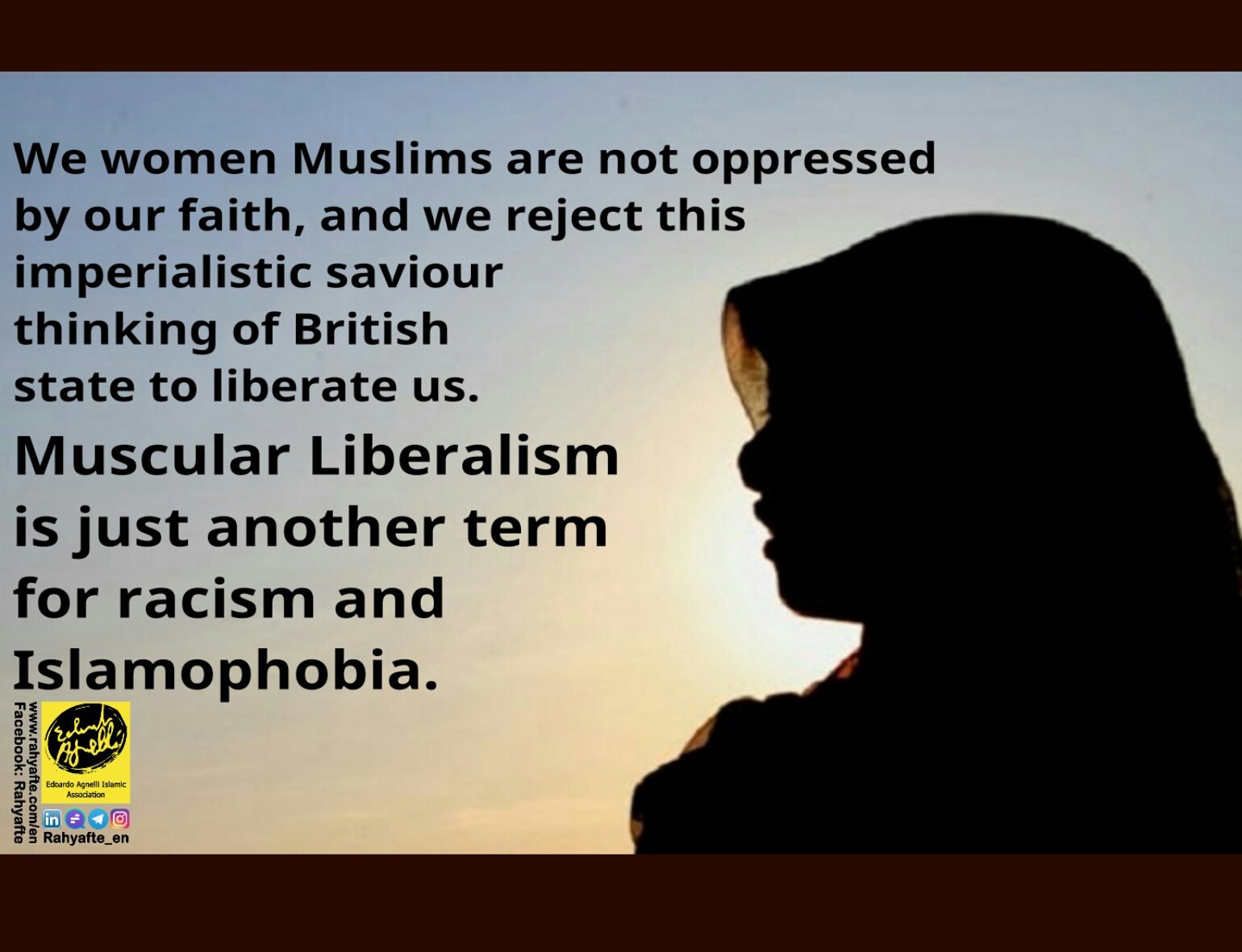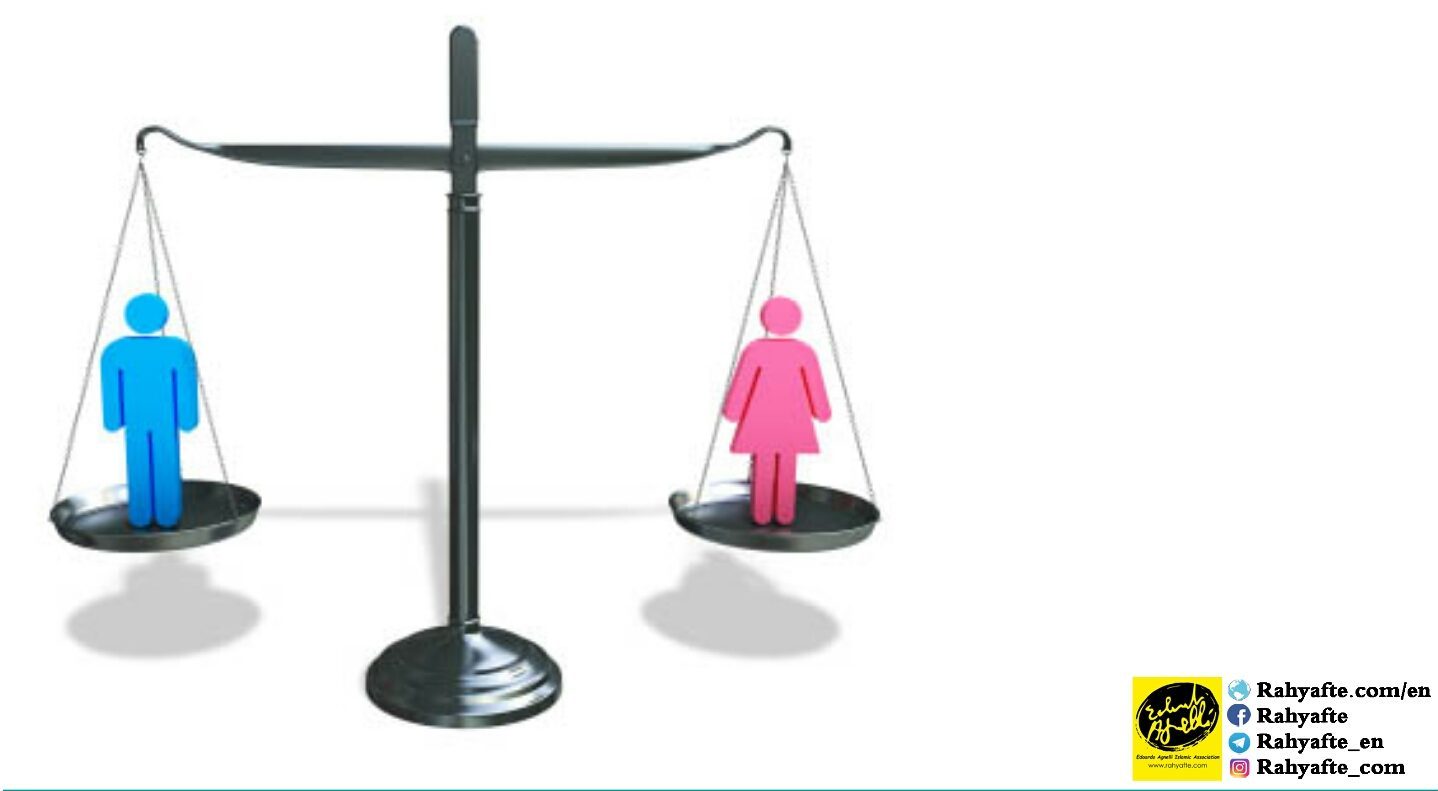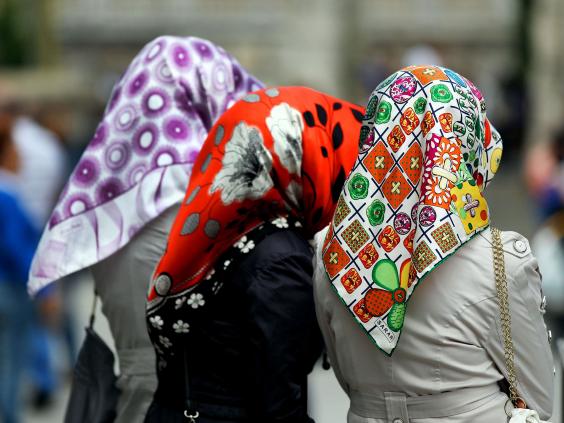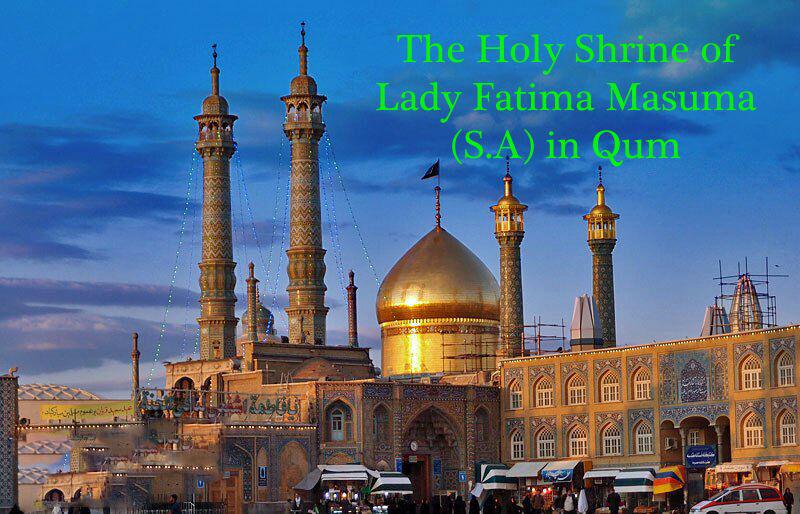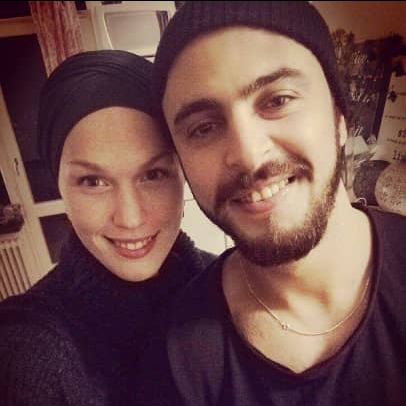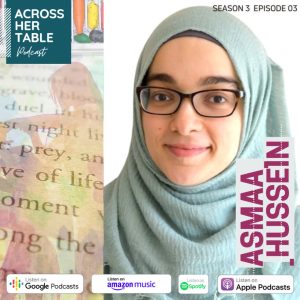According to rahyafte (the missionaries and converts website):Are women not allowed to voice their opinion in Islam? Are they required to quietly obey and follow everything a man says? Are women not allowed to question if we see something better can be done?
It is permissible to consult women and for women to express their opinion in the light of what they think is correct. numerous Qur’anic verses that establish a foundation for consultation in individual life: between husbands and wives, between parents and children, and even in situations involving marital discord or divorce. In another example, “mutual consent and counsel” are explicitly mentioned in Qur’anic verses regarding the decision between parents to decide if breastfeeding should be continued, for example: “…But if they desire to wean by mutual consent and consultation, then it is no sin on them…” (Qur’an 2:233). Therefore, management of a child’s affairs is a right and responsibility shared by both parents, based on mutual agreement and consultation to best serve the child’s interests.
This arrangement, which requires careful consideration of a child’s affairs, serves to protect the child and is thus an expression of God’s mercy and compassion. Parenting calls for joint consultative management between the parents, or between the parents and the child if he or she has reached the age of discernment. It is also recommended that parents consult with young children in order to accustom them to the process of consultation as a way of life. Hence, consultation is called for when there are questions relating to marriage, family affairs and child-rearing, and situations involving conflict and discord.
The two Qur’anic verses that form the basis for consultative practice offer a broad understanding of consultation and its range of applicability among all believers, including women. The principle of broad public consultation applies to all juristic discourse and generalization sunless there is specific evidence in support of an exception. In its various injunctions and prohibitions, Islamic law addresses both men and women alike, even when the masculine pronoun is used, singular or plural. We know of numerous instances in which the Messenger of God sought out the counsel of female Companions in particular, and in others, of men and women together, in important situations concerning war, or morality, or formulating Islamic practices.
The Qur’an includes two accounts of women’s involvement in consultation, both of which are set in a context showing that such involvement meets with divine approval and consent: the first is an account of Queen Sheba seeking others’ counsel, and the second of a woman who encouraged her father to hire Moses, a trustworthy person. Those who oppose women’s membership in public consultative councils (e.g. parliaments) object in saying that women are not allowed to hold positions exercising sovereignty over others in the public sphere. While this viewpoint is not easily supported, a woman ruling in the political or military sphere may be ineffectual if she is not viewed as effectual by those ruled, simply for being a woman.
The Queen of Sheba stated that she would never make a weighty decision without the consent of her noble advisors: we find nothing anywhere in the Qur’an that would counter it or nullify its validity. Similarly, what we find in the life and example of the Prophet testifies to the soundness of the Queen’s words. The Queen of Sheba is held up in the Qur’an as an example of commendable conduct and good management whose life came to an auspicious end. The queen’s words and actions testify to the fact that she was worthy of the authorization granted to her by the consultative council and that she was a woman of experience, understanding, and wisdom.
(Consultation) Shura in the family: Why and How
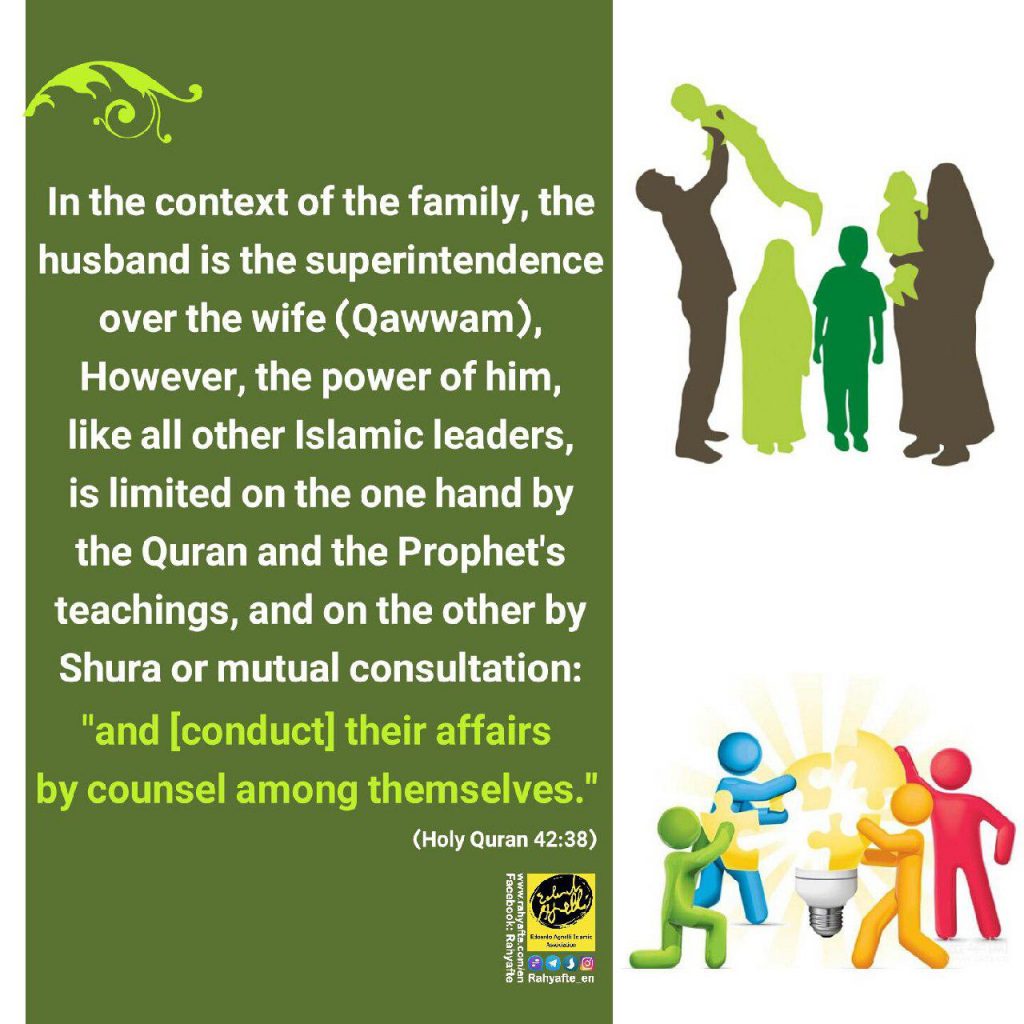
Gender relations in Islam are not based on male-female competition as is seen in a number Western societies today. Rather, this relationship is based on gender cooperation. (Quran: 4:32).
In the context of the family, the husband is the leader (Qawwam) of the family as defined by God. However, the power of this leader, like that of all other Islamic leaders, is limited on the one hand by the Quran and the Prophet’s teachings, and on the other by Shura or mutual consultation – amruhum shura bainahum (Quran 42:38). Shura in this verse is mentioned by God as one of the essential characteristic of a believer along with prayers and justice. The Muslim family, therefore, like all other Muslim institutions, formal or informal, must be run with mutual consultation. Informal Shura is like talking to each other. It may happen at any place and at any time.
Doing Shura in the family helps kids learn how to communicate effectively in a safe, comfortable environment. Parents need to remember that their love is crucial in raising their children, but it’s not enough to raise a well-adjusted, happy child. Communication is the key for successful development.
Characteristic of an Un-Ideal Husband: Egoistic
A major problem in Muslim marriages is the husband’s failure to consider his wife’s opinions. In fact, the failure of the Muslim Ummah as a whole has to do with our failure in practicing the concept of Shura (consultation). People think that they are right and others are wrong. We will do much better if we consider the opinions of others and let them feel that they are a part of the decision-making process. Along the same lines, if a woman makes a true (haqq) point, the husband should submit to it. He should in no way reject a point just because it comes from a woman.
Therefore, consulting soothes the souls of the consultants. When you ask your wife for her opinion on something you are intending to do she feels that you are equal partners.
Consultation and Women’s Suffrage
Do women have the right to vote or is it only for men?
It has been shown throughout the history of Islam that women took part in the First and Second Ba’yat al-Aqabah (pledges of allegiance). Furthermore, it was Khadija, the wife of the Prophet Mohamed (SAAS) who was the first to believe in, support and comfort our Prophet. It was Somayya who was among the first to be martyred upholding Islam. Al-Bukhari and Ahmed (reporters of the traditions of the Prophet Mohamed) cited Al-Rabiyya’ the daughter of Mu’awadh as saying: ‘We used to participate in the battles with the Prophet of Allah. We gave water to the fighters, served them, and returned the dead and wounded to Medina.’
A marriage is not valid in the Shari’ah of Allah without the approval, acceptance and consent of the woman and it is forbidden by the Shari’a that she be forced to marry someone that she does not accept.
Women and the right of electing members of representative councils and similar bodies. We are of the view that there is nothing in Shari’a to prevent women from taking part in these matters. Allah says: {the men believers and the women believers are responsible for each other. They enjoin the good and forbid the evil} (Sura al-Tawbah’ (9), ayah 71) and His saying {Let there, arise out of you a group of people inviting to all that is good and forbidding all Evil. And it is they who are the successful.} (Surat Al-Imran (3), ayah 104). This verse includes a command that gives women the right to enjoin the good and forbid the evil and part of this is the right to vote for the representative council in the elections. Some Muslim countries stipulate that it is the absolute right of women to vote in the elections because these countries wish to demonstrate their “democratic basis”; the Muslim women should not avoid this opportunity because their reluctance to vote can often weaken the position of the Islamic candidates.
Women’s membership in representative councils and similar bodies. We are of the view that there is nothing in the Shari’a texts to prevent this either. The views we cited earlier concerning their right to vote applies to their right to be elected as well.
The verse 7, Sura 9 did not differentiate between men and women in practicing their right to command the good and forbid the bad, voting is a kind of advice which includes commanding the good and forbidding the bad. The same concept applies on the allegiance of women in which women vowed to the Prophet to support Islam and defend it. God says, “O Prophet, when the believing women come to you pledging to you that they will not associate anything with Allah, nor will they steal, nor will they commit unlawful sexual intercourse, nor will they kill their children, nor will they bring forth a slander they have invented between their arms and legs, nor will they disobey you in what is right – then accept their pledge and ask forgiveness for them of Allah. Indeed, Allah is Forgiving and Merciful.” 60:12
Also preventing women from voting implies concealing her knowledge and silencing her advice which is legally impermissible. God says in the Quran, “And [mention, O Muhammad], when Allah took a covenant from those who were given the Scripture, [saying], “You must make it clear to the people and not conceal it.” But they threw it away behind their backs and exchanged it for a small price. And wretched is that which they purchased.” 3:187 and it is well known that those who were given the Book are both men and women and not solely men. The Prophet (peace be upon him) warned us against concealing our knowledge.
There are some views which are held by others which support the contrary, they say that:
- * Women lack the knowledge of practicing public affairs. Hence, they can be easily misled. This argument is refuted by the fact that an ignorant woman is like an ignorant man. Not all women are ignorant and not all men are educated or experienced in public affairs. We are dealing with the basic right, not with the conditions that must be present in every candidate whether they be male or female. This is quite another issue. We call for the education and the enlightenment of both women and men, and the exertion of all possible efforts in this connection, this being an important objective and duty made binding by the Shari’a.
- * It is argued that women undergo menstruation, child-bearing and labor -a fact which may hamper their performance in the council to which they are elected. But this can be refuted by saying that men also may be subject to misjudgment or illness which may impair their performance. Add to this, that membership in representative councils has certain conditions including a certain age range for the deputy of between thirty and forty years. In most cases, when a woman is around the age of forty, she will have completed her burdens of child-bearing, and would have attained to a phase of mental and psychological maturity, as well as emotional stability. It is unlikely that a person in the minimum age limit can gain a seat in the representative office because this requires long experience for many years in the exercise of public office. Statistics show that only a few members of representative bodies are in or near the minimum mandatory age. The majority are much older.
women’s right to vote in Islam vs other societies
Women have the right to vote; indeed, they enjoy more rights than women in the West. They have the right to vote, the right to elect or be elected.
1,400 years ago, Islam gave women more rights than western women have gained in the last century. The right to vote is just a simple example you probably didn’t know existed. Islam gave women the right to vote and historically, Muslim women were politically active. They helped shape societal rules and regulations. Women in leadership positions are mentioned in the Quran on multiple occasions. Meanwhile, in America, white women could not vote until the 1920’s, while black women couldn’t vote until the 60’s.
During the prophets’ era, women attended the mosque and took part in religious services on feast days. They actively participated in discussion and were free to question, confront and challenge speakers.
There is sufficient historical evidence of the participation of Muslim women in the choice of rulers, in public issues, in consultation (shura), in administrative positions, and even on the battlefield. Such involvement in political affairs was conducted without losing sight of the complementary priorities of both genders, and without violating Islamic guidelines of modesty and virtue.
When Did Women Get the Right to Vote?
Votes for women were first seriously proposed in the United States in July 1848, at the Seneca Falls Woman’s Rights Convention organized by Elizabeth Cady Stanton and Lucretia Mott. One woman who attended that convention was Charlotte Woodward. She was nineteen at the time. In 1920, when women finally won the vote throughout the nation, Charlotte Woodward was the only participant in the 1848 Convention who was still alive to be able to vote, though she was apparently too ill to actually cast a ballot.
Did All Women Get to Vote After 1920?
Of course, there were other barriers to the voting of some women. It was not until the abolition of the poll tax and the victories of the civil rights movement that many African-American women in the South won, for practical purposes, the same right to vote as white women. Native American women on reservations were not, in 1920, able yet to vote.
For black women, achieving suffrage was a way to counter the disfranchisement of the men of their race. Despite this discouragement, black suffragists continued to insist on their equal political rights. Starting in the 1890s, African American women began to assert their political rights aggressively from within their own clubs and suffrage societies. “If white American women, with all their natural and acquired advantages, need the ballot,” argued Adella Hunt Logan of Tuskegee, Alabama, “how much more do black Americans, male and female, need the strong defense of a vote to help secure their right to life, liberty and the pursuit of happiness?
The following video presents the history of women’s suffrage around the world. Contemporary borders are used for the map to focus more on “which country granted women’s suffrage at which time.”
SOURCES
DUA: Allah! please accept this from us. You are All-Hearing and All-Knowing. You are The Most Forgiving.You are The Most Relenting and repeatedly Merciful. Allah! grant us The Taufiq to read all the 5 prayers with sincerity.
(Taken from To Be Earnest In Prayers By Amina Elahi)
■ Feel Free to Share the posts with your Friends…
■ You too can take part and help us in sharing the knowledge…
■ May Allah SWT reward you for conveying His Message To Mankind







